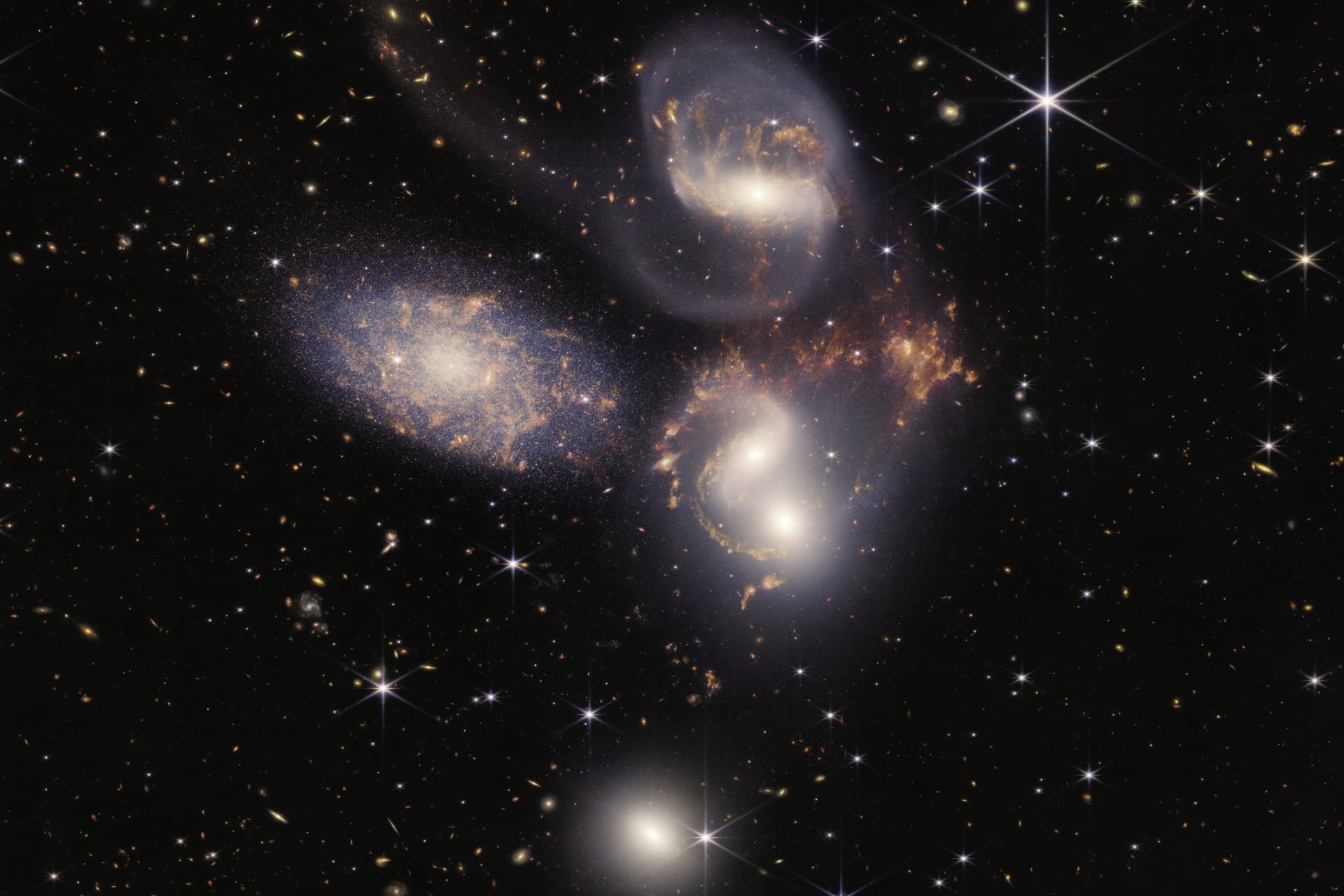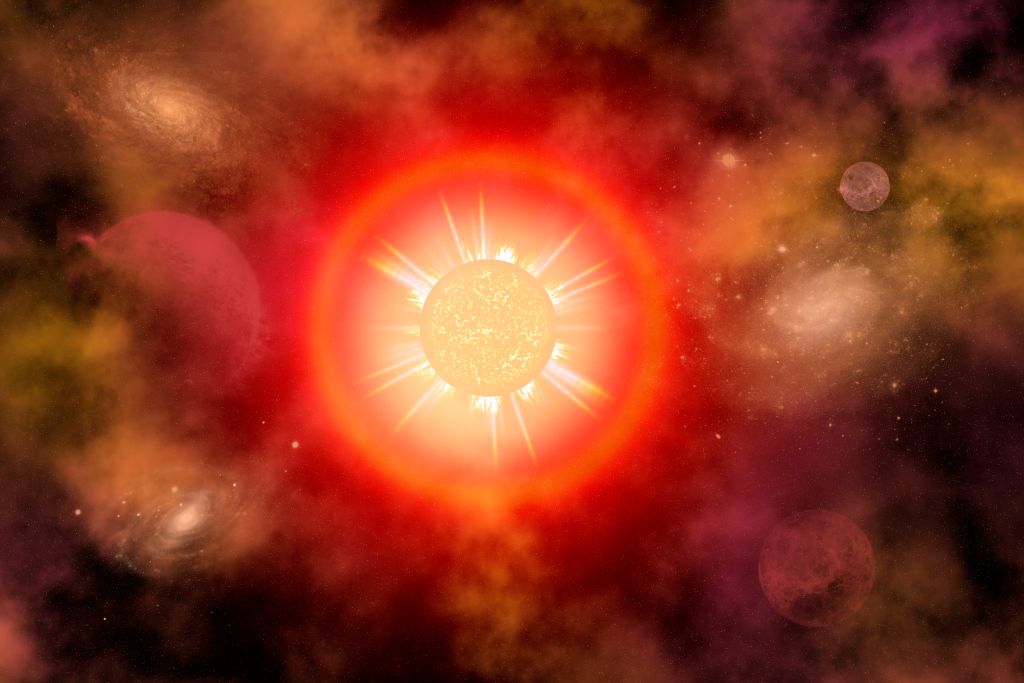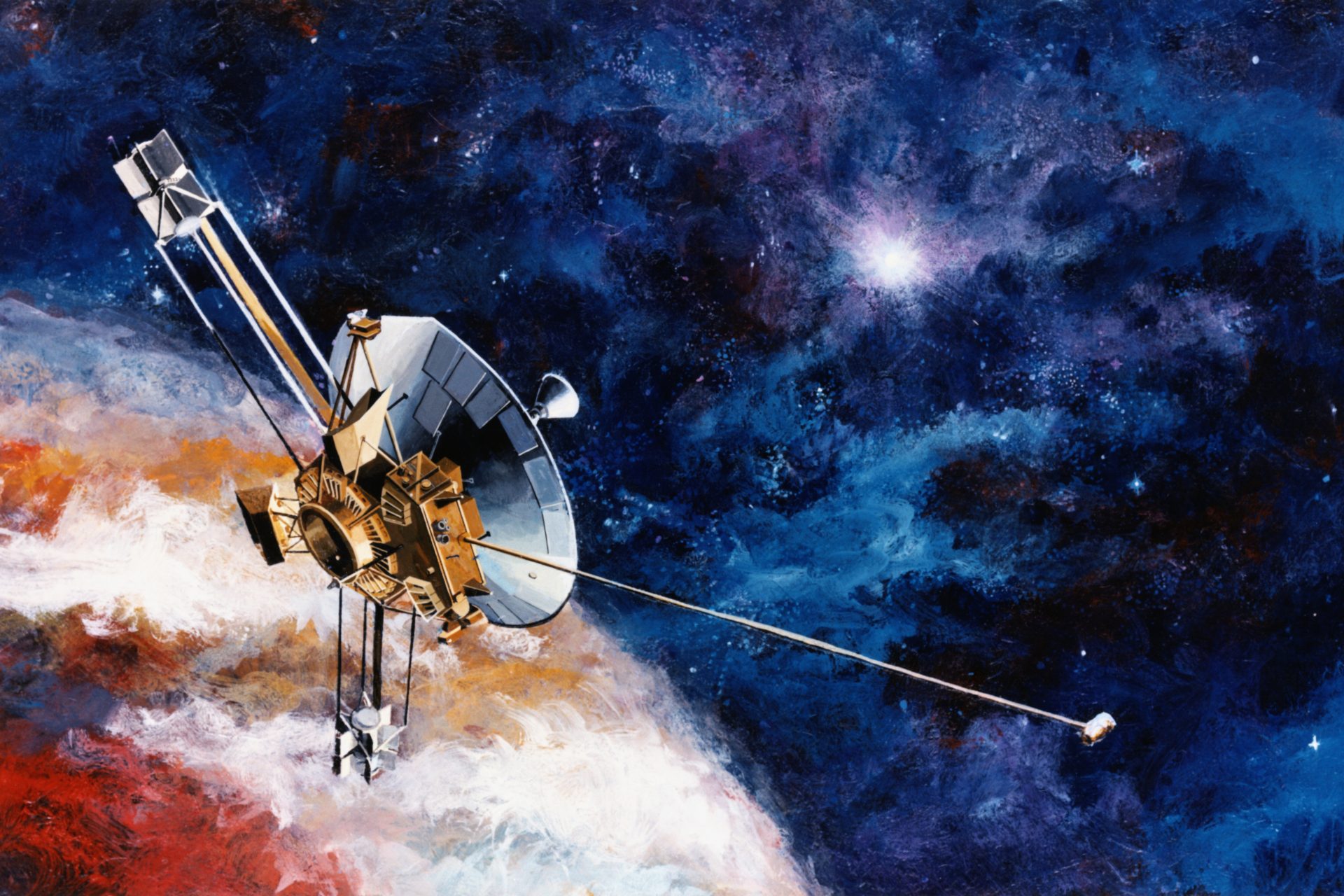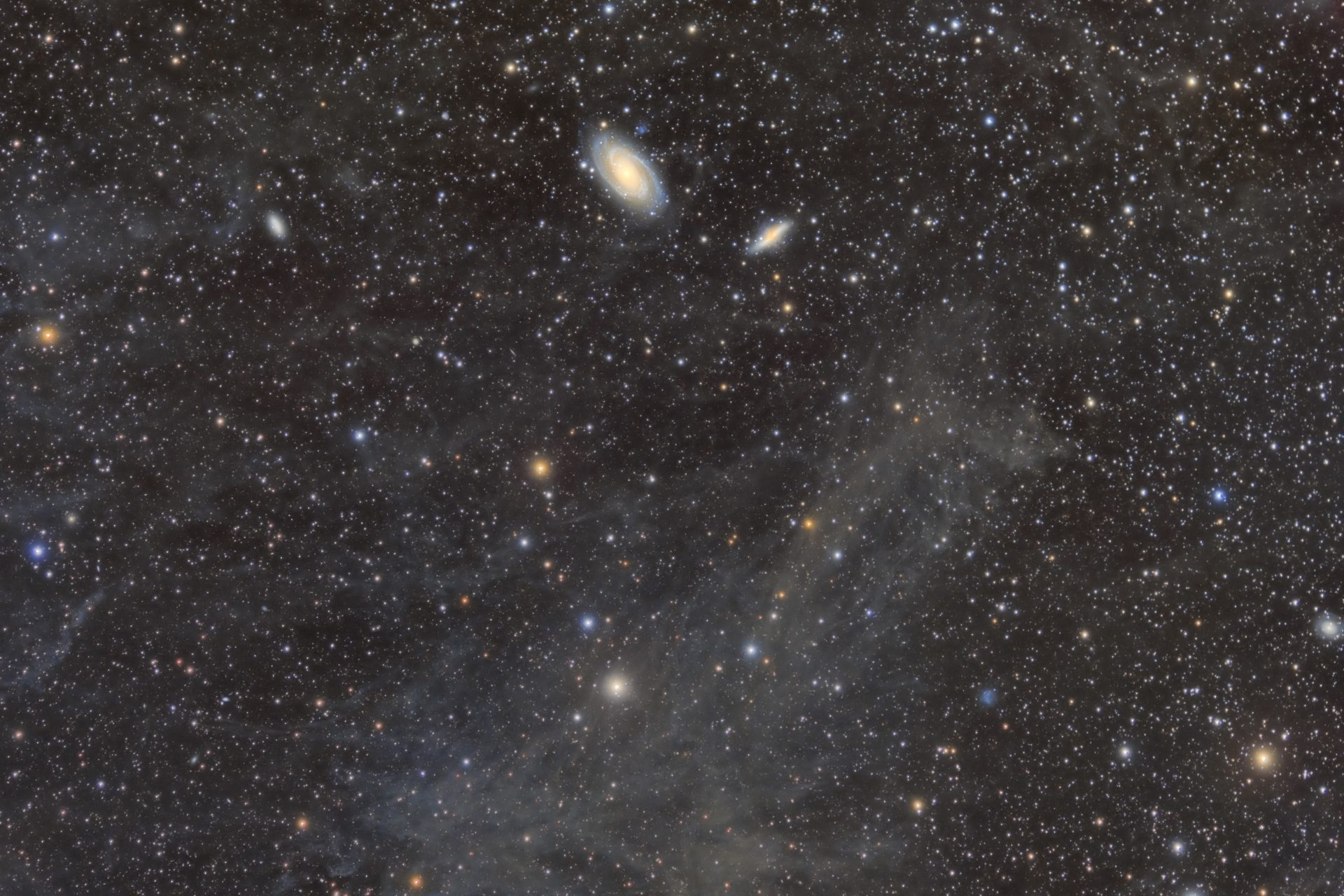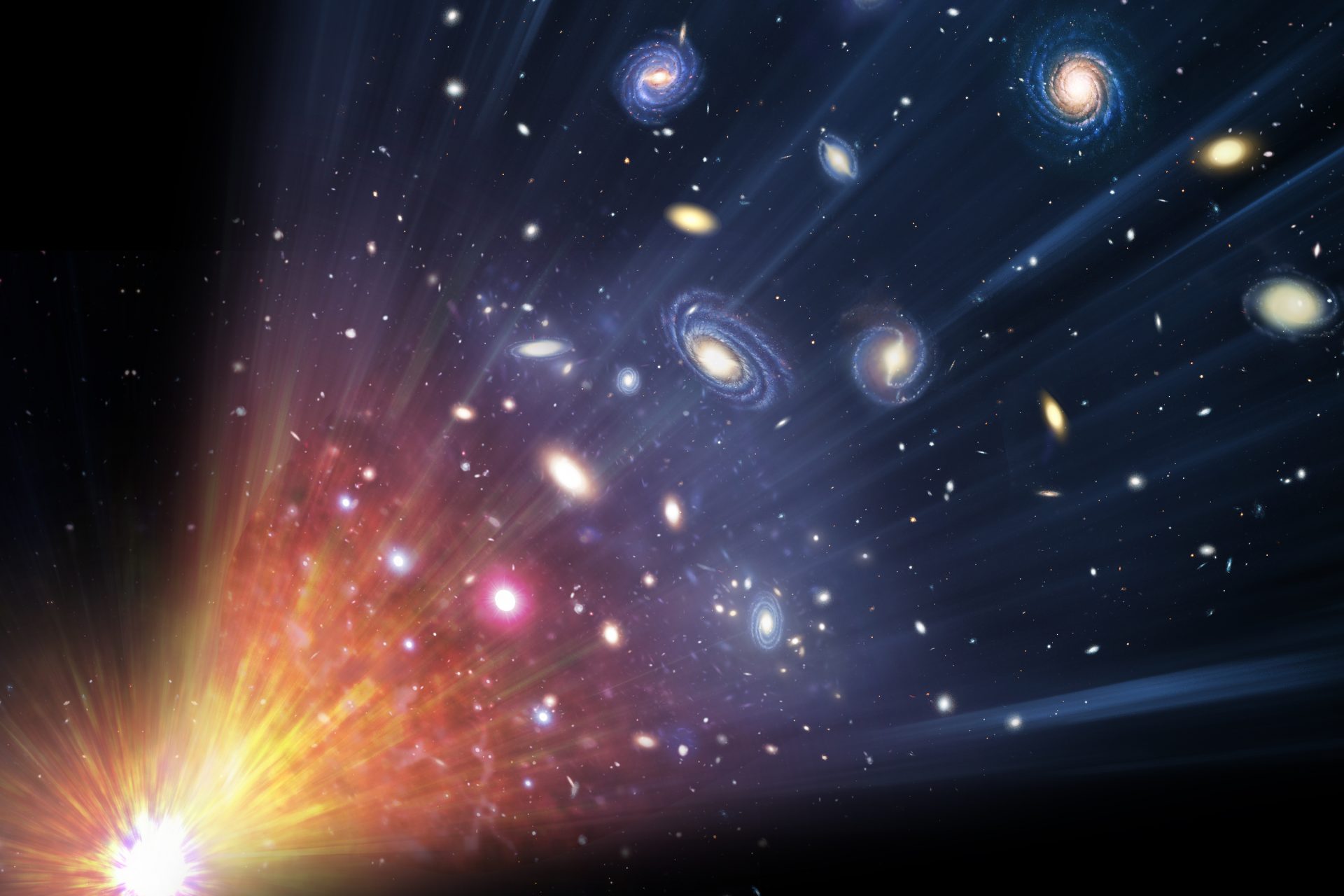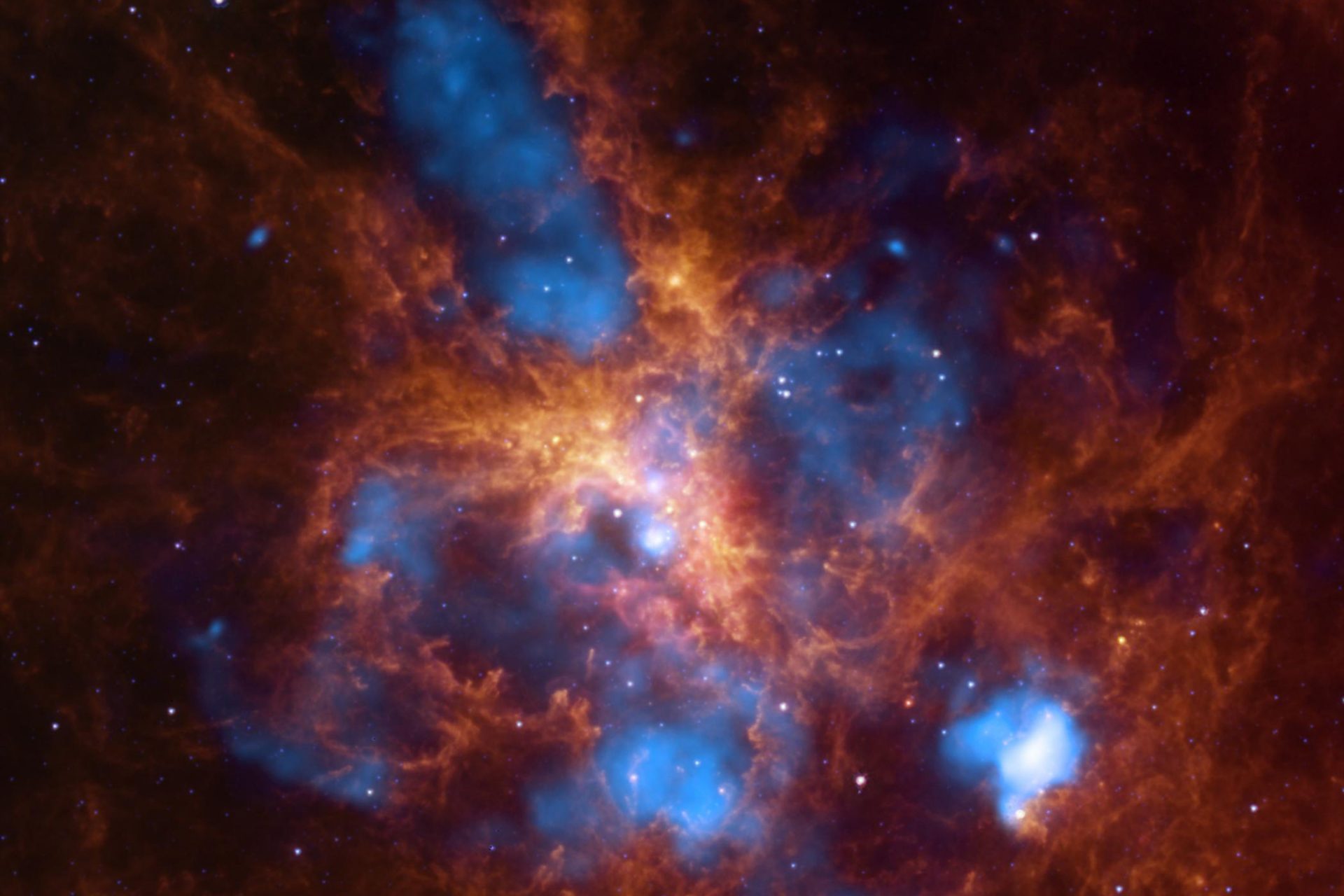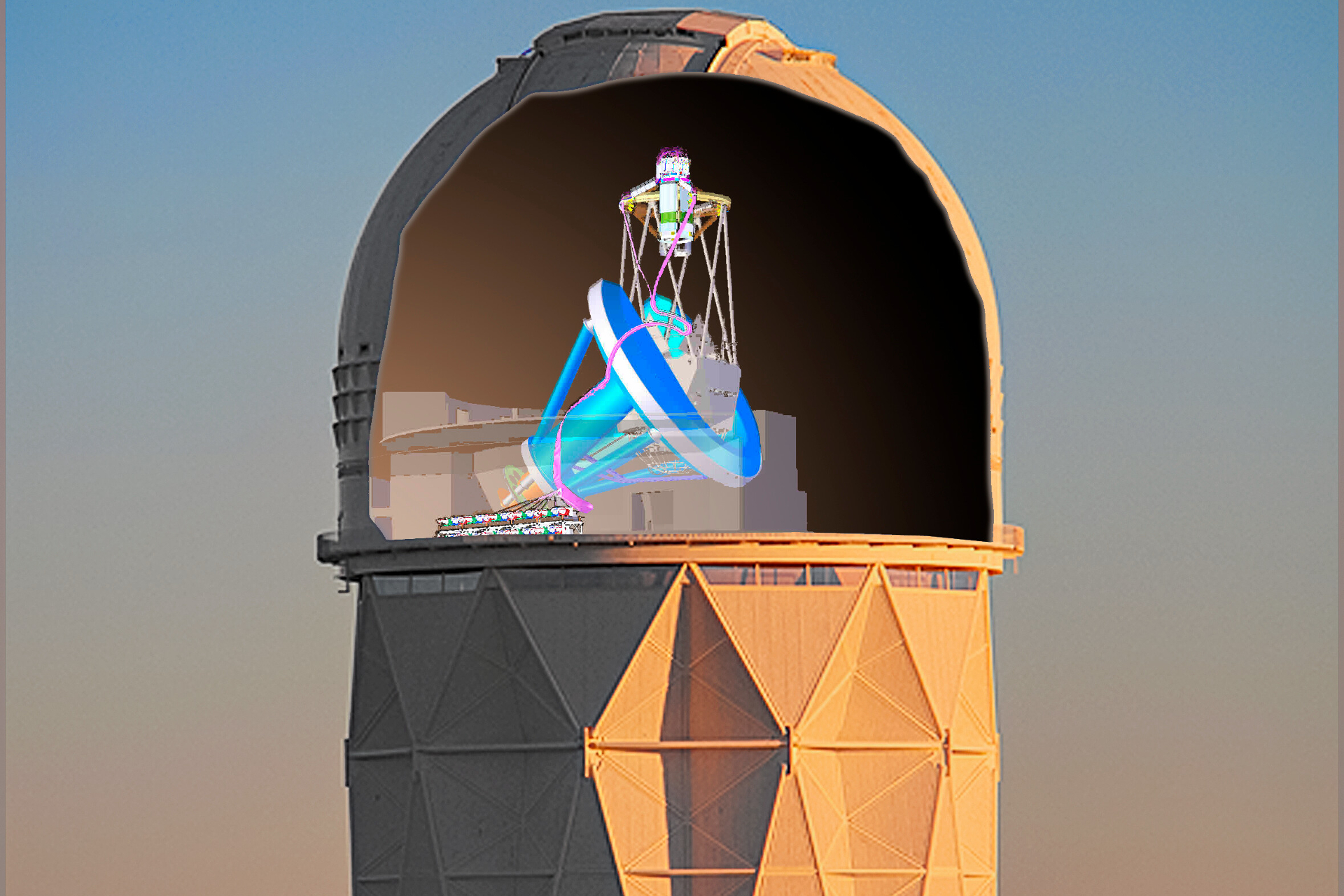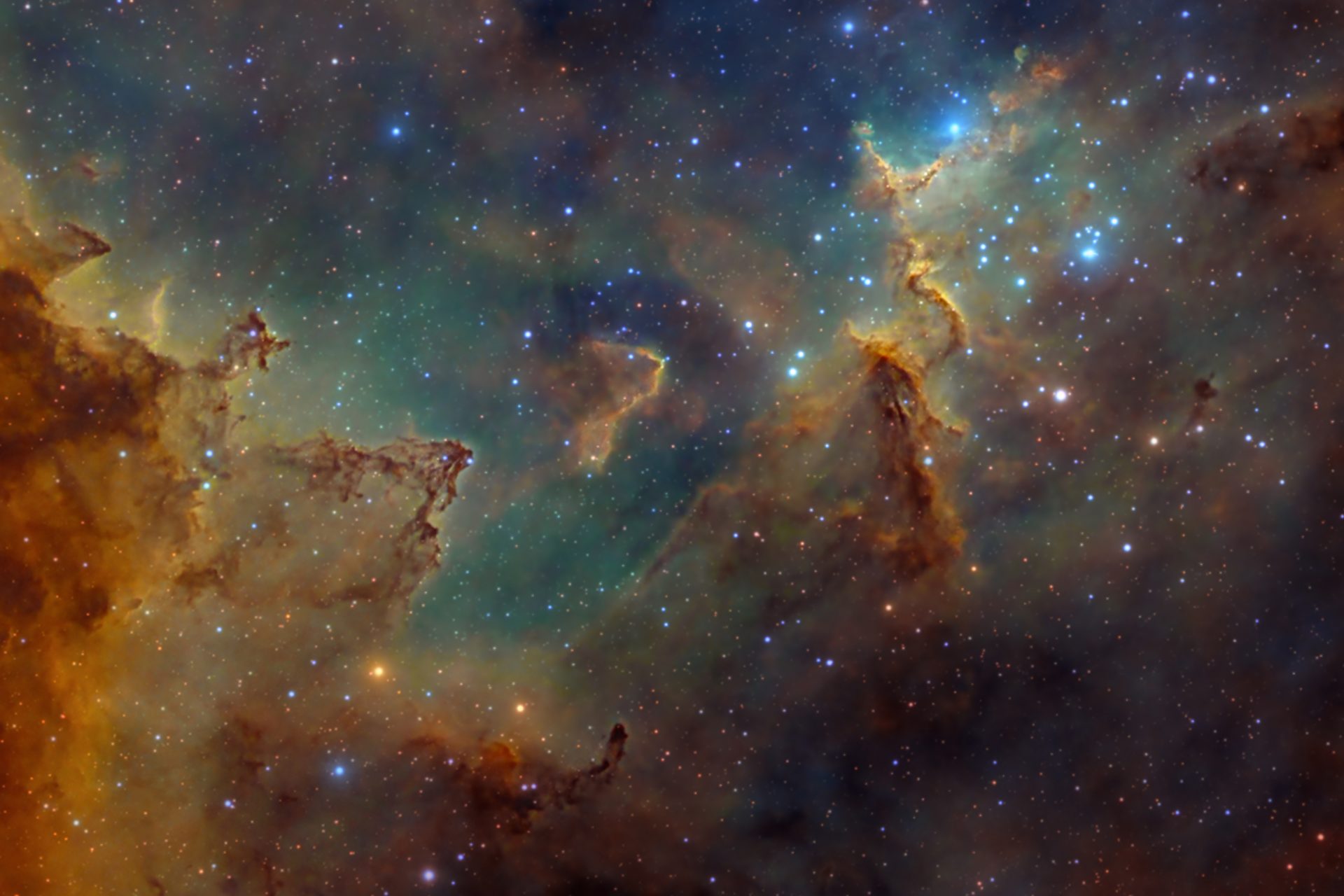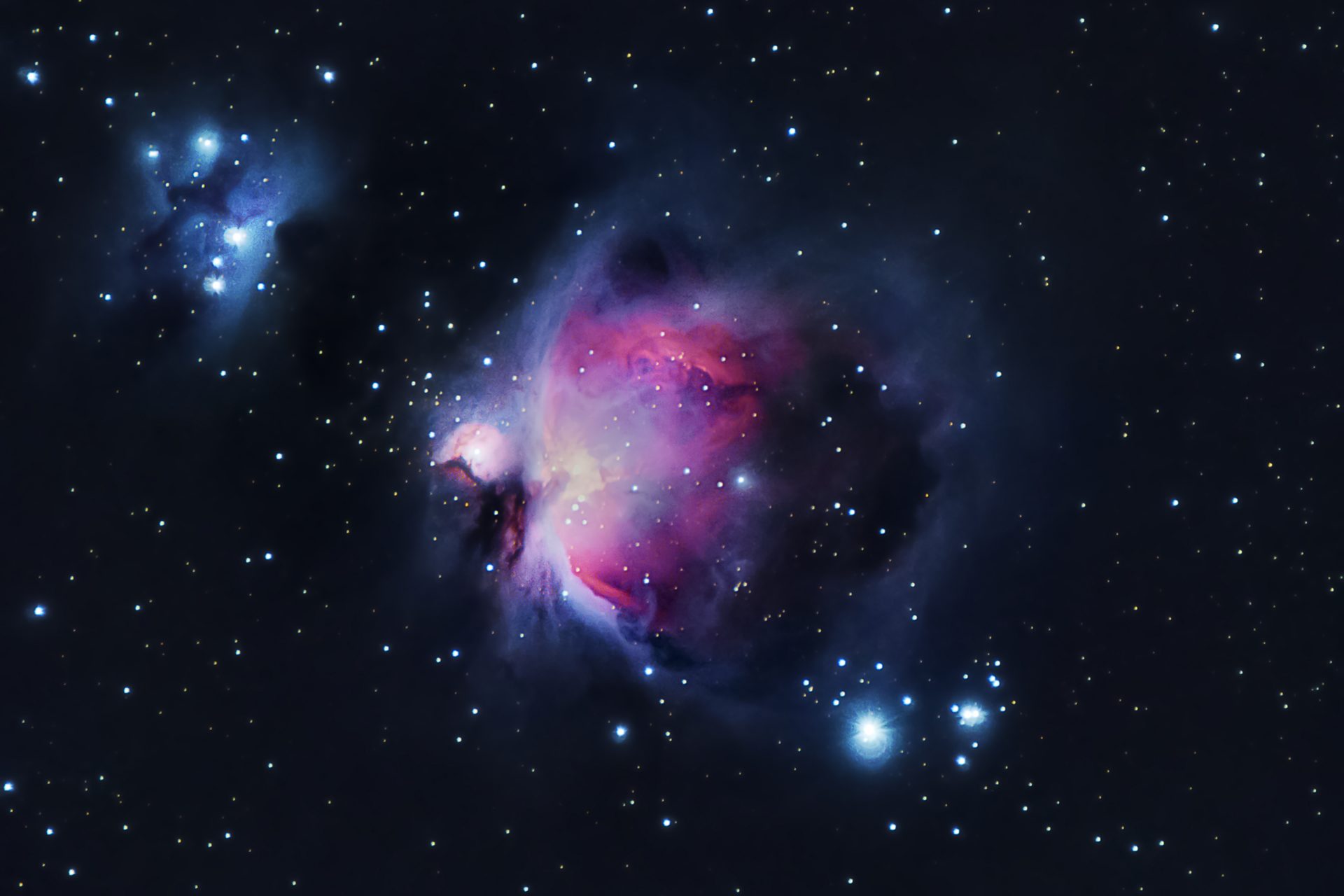Breakthrough in science potentially rewrites universe's history
Researchers have unveiled a groundbreaking discovery that could fundamentally alter our comprehension of dark energy, a crucial component of the universe, in the foreseeable future.
According to AP News, for decades, scientists have known that the universe is being pushed apart by a force and expanding.
Still, the universe is expanding, and researchers believe that expansion is also accelerating constantly, so something must be pushing the pedal.
Researchers theorized that a constant force is responsible for that acceleration. That force is invisible and unmeasurable, so they called it dark energy.
Still, they theorized that the force is a constant, perfectly fitting the standard mathematical model of our cosmos, which explains the universe's symmetry.
Dark energy is a crucial component of the universe. According to NASA, it would make up around 70% of it. Starts and visible matter make up only about 5%.
So, researchers shook entire science fields when they shed light on the idea that dark matter might not be what we thought or might not even exist, AP News said.
An international collaboration of 900 scientists exploring the movement of galaxies published a paper this year confirming results that could change perspectives on the existence of dark energy.
The international team discovered that the force behind galaxies' movement, therefore the universe's expansion, might not be constant. They move irregularly.
According to the AP, the international collaboration published similar results earlier this year. After a broader analysis, the new paper yielded identical results.
"I did not think that such a result would happen in my lifetime," collaborator Mustapha Ishak-Boushaki, a cosmologist at the University of Texas at Dallas, told the news agency.
The international team uses the DESI (Dark Energy Spectroscopic Instrument), a telescope in Tucson, Arizona, to study the universe's evolution.
Photo: Lawrence Berkeley National Lab/KPNO/NOIRLab/NSF/AURA / Wikimedia Commons
The telescope has been creating a 3D map of the universe for over 11 billion years, gathering data on how galaxies collide, move, and evolve, the news agency said.
However, before concluding that dark energy is not what scientists have thought for decades, the international collaboration needs more data and a broader investigation.
"The significance of this result right now is tantalizing," Robert Caldwell, a physicist at Dartmouth College, told AP News, "but it's not like a gold-plated measurement."
Mr. Caldwell, who did not participate in the investigation, referred to how the new information, if confirmed, could change our perspective on the past and, especially, the future of the universe.
More for you
Top Stories



